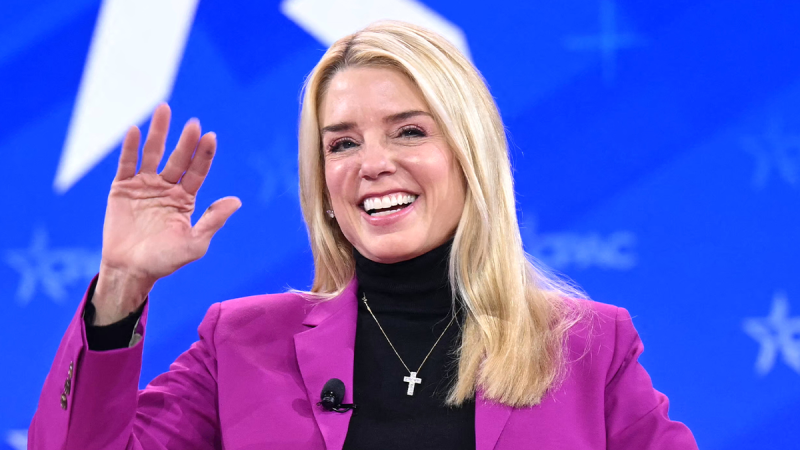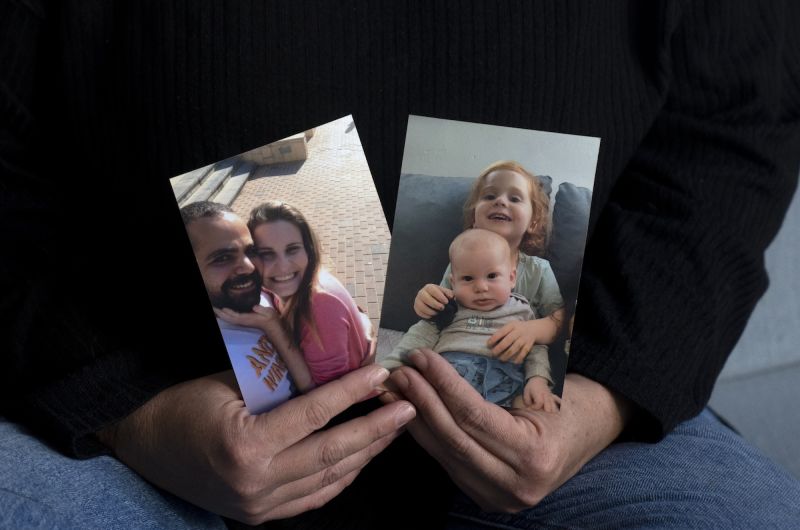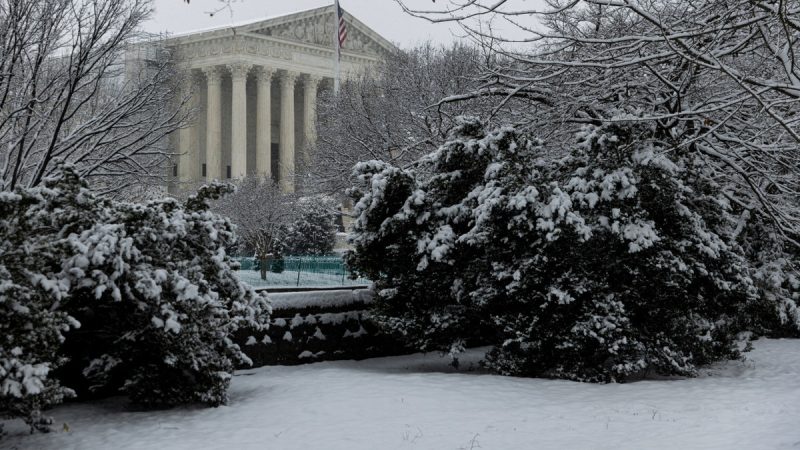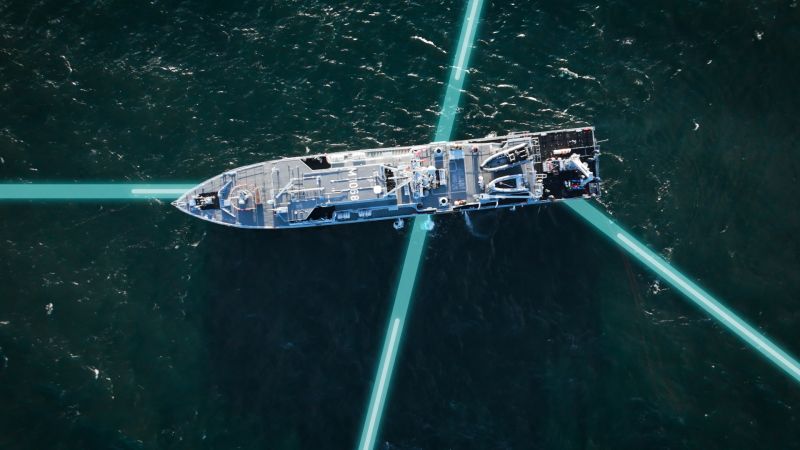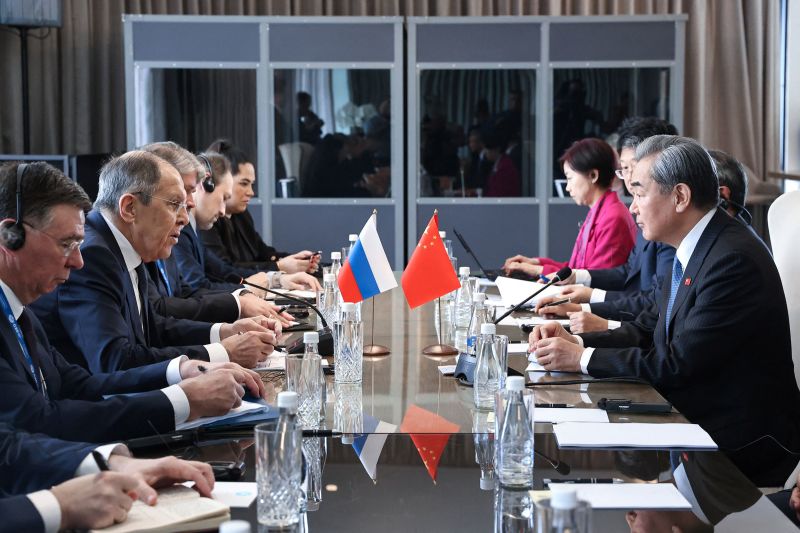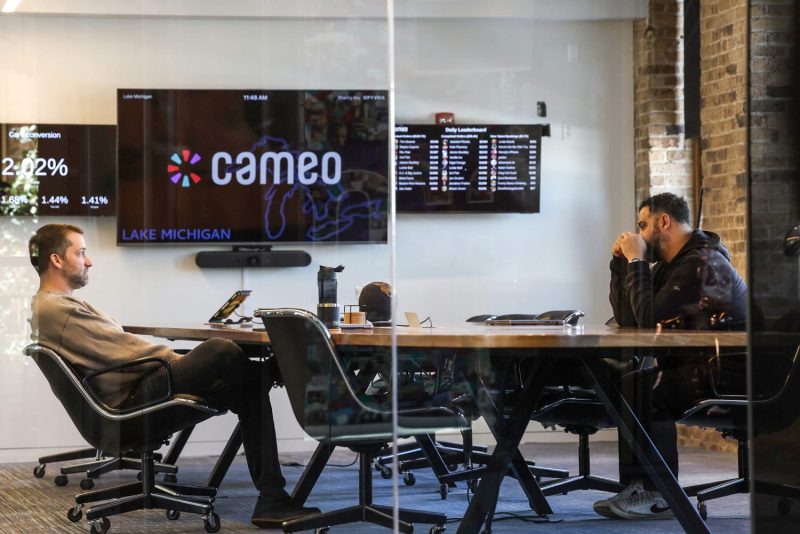
Cameo wants workers back in the office more often, and it’s paying them each $10,000 to show up.
Starting this week, workers at the celebrity video-greeting app are reporting into the company’s Chicago headquarters Monday through Thursday. In exchange, the roughly two dozen eligible employees can expect a $10,000 annual raise, free lunch, free parking and access to an onsite gym.
″‘Roll out the red carpet’ is our first corporate value, and we really felt like we wanted to make HQ a perk, not a punishment,” Cameo CEO Steven Galanis tells CNBC Make It. “We know we’re asking more out of you to give up the flexibility, and we wanted to compensate you for it.”
Many workers say they’d take a pay cut to be able to keep working from home. Cameo is hoping the inverse will be true.
Galanis and his leadership team landed on a $10,000 annual raise because the sum is “meaningful for everybody,” especially junior employees: “That might be the difference between them being able to get an apartment in the city or having to take the train because they live with their parents in the suburbs.”
Cameo currently has 50 employees, including 26 in Chicago and others around the U.S. and internationally, though most remote workers are concentrated in New York and Los Angeles. The new benefit doesn’t apply to workers outside of Chicago, though “if they wanted to move to Chicagoland, we would give them a [relocation benefit] and they’d be eligible,” Galanis says.
Cameo’s Chicago headquarters opened during the summer of 2024, but leaders never set a schedule of when they expected employees to be in. Without it, workers generally reported to the office two to three times in the middle of the week, Galanis says.
The new four-day policy was announced to staff a month ago. Galanis is reluctant to call it a mandate but says “there wasn’t an ability to opt out.”
“If you live in Chicagoland, you are four days a week in-office — there wasn’t an option on that. And in exchange, we give you a $10,000 raise.”
“If you wanted to move, you could do that” and not be subject to the in-office expectation, Galanis says.
Galanis says none of Cameo’s employees quit the company or moved away from Chicago following the policy announcement. A few outside of Chicago have indicated possibly moving closer to headquarters given the new perks.
Remote workers can also take part in Cameo’s Team Week, launched this summer, where they can be flown to Chicago once a month for a defined week when “everybody’s in,” Galanis says. Since the company covers flights, accommodations and some meals, he says, “if you take advantage of that every month, it’s effectively the same thing as the raise that the Chicagoland folks got.”
Galanis says he’d be in the office five days a week if he could, but recognizes workers have come to appreciate the “flexibility that our employees have earned.”
“We’re hoping Friday can be a flex day,” he says, where workers can take care of doctor’s appointments and other personal needs.
Leaders won’t be tracking attendance. “We’re adults here,” Galanis says, noting that workers who need to step out for personal matters like appointments should just let their manager know ahead of time.
Galanis is hopeful the move will re-energize creativity and speed at the company, and that staff see he’s accessible as a CEO. “Now they see me every day,” he says. “We’re walking around, we’re having lunch together. Some intern can come in and say, ‘Steven, why haven’t we ever done this before?’”
Ultimately, “what we’re really trying to do is maximize the amount of in-person time that our team is getting with each other, and to make sure that we’re able to move at the speed of pop culture,” Galanis says.



